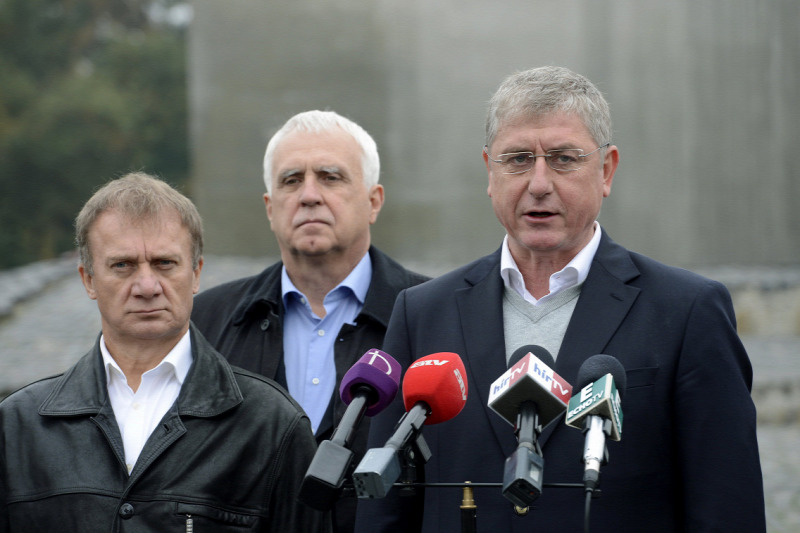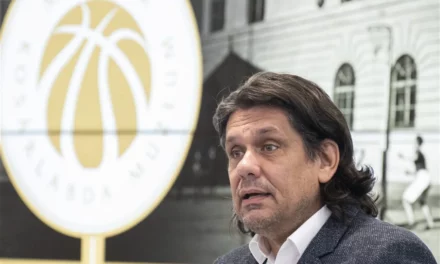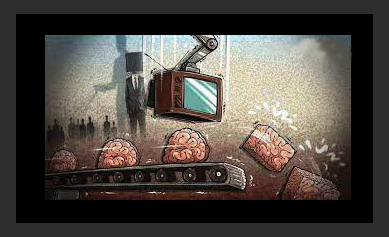When Gyurcsány said at the celebration organized for the 10th birthday of the Democratic Coalition that "the verbal hatred of today's system is a word of praise", my eyes widened. But I was very happy for him. (written by József K. Horváth)
If he takes my critical opinion as a compliment, he encourages me to praise him a lot in the future.
Here is his comment mentioned in the introduction: "the verbal hatred of today's system". From this, right, we can also understand that what Gyurcsány accomplished during his administration, including the bloody terrorist attack against peaceful demonstrators or those trying to return home on the fiftieth anniversary of October 23, was an exemplary act worthy of praise. The series of public austerities, the introduction of the visit fee and the daily hospital fee, not to mention the safes equipped in hospitals for patients, are similarly worthy of recognition . It is as if the needy did not go to the hospital to be cured, but to hide their money safely. (We know, at the time the gratuity was still in its prime.) The closing of the hospitals, the Lipótmező, the letting go of those in need of mental hospital treatment, as well as the deception of the Union and the Hungarian population, the concealment of the real economic data, so that by misleading the people - by fraud – to win the elections. And admitting it in the speech at Özöd.
Although Andersen is dead, as the example shows, new fairy tales can be created. For example, one that László Varju confabulated in ATV about "if everyone hurts the DK, that's a good sign". Of course it is, because in Gyurcsány's view, hurt is a compliment.
Then comes another chapter of Varju's tale about the opposition Fidesz in the fall of 2006: "They intentionally and organized set fire to Budapest and caused riots with which they tried to destabilize the power at that time [Gyurcsány - ed.]." He did not add that László Nagy also shot out his own eye with a rubber bullet, just as Attila Cs. blinded himself on purpose, and then committed suicide in 2013 to add color to the praise.
Gyurcsány is also praised for the film Elk*rtuk. Fortunately, the creators have planned a sequel, let Fletó be even more happy. Although Varju seems to be less liberated: he said with a rather sour face that the country was filled with posters to instill fear and hatred. However, it is more important that Gyurcsány is happy about it. Although Varju also has Gyurcsány's pace when he says: "What Fidesz says about us should not be taken seriously. We need to get rid of their system. And let's create a real free country in Hungary."
However, Hungarians love Andersen more than Gyurcsány's fairy tales. The "free country" created by them is fear-inducing and even terrifying. Because as soon as they come to power, God forbid, the tales of Böszme become reality. It will become a reality that we have to reduce utilities by shivering in a dark apartment, using less electricity, gas and water, but paying more taxes, as ordered by the union.
And Gyurcsány and Márki-Zay happily bow to him with the entire left behind him.
Tell me, why couldn't Andersen come up with this? Maybe because he loved people, not just power?
Source: 888.hu, author: József K. Horváth
Cover image: MTI/Lajos Soós)












